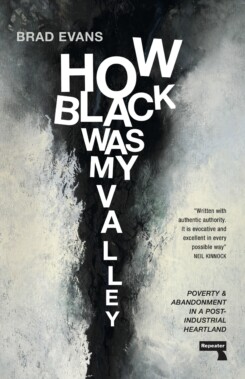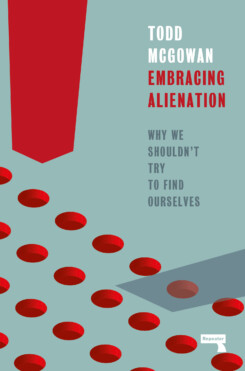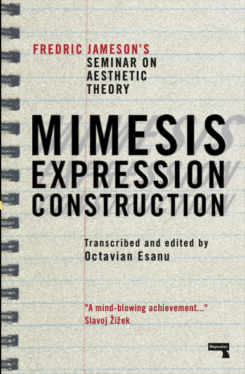£7.99 – £10.99
A few weeks before he died, Hunter S. Thompson left an answerphone message for Jackass’ Johnny Knoxville. “I might be coming to Baton Rouge,” he told the stuntman, “and if I do I will call you, because I will be looking to have some fun, which as you know usually means violence.”
Fun does not, of course, usually mean violence; those who choose to make a hobby, a career or an art practice out of injury are wired a little differently from most. In Which as You Know Means Violence, Philippa Snow — taking in the work of Buster Keaton, Marina Abramović, Jackass, Gina Pane, Bob Flanagan, Chris Burden, and various YouTube stunt performers — analyses the subject of pain, injury and sadomasochism in performance, from the more rarefied context of contemporary art to the considerably less rarefied context of a TV show where grown men hurl various objects at each other’s tenderest parts.
In a world where violence — the violence of climate change, say, or of capitalism — is part of our daily lives, Which as You Know Means Violence focuses on those who enact violence on themselves, for art or entertainment, and addresses the role that violence plays in twenty-first century art and culture.
Philippa Snow is a writer based in Norwich. Her reviews and essays have appeared in publications including Artforum, The Los Angeles Review of Books, ArtReview, Frieze, The White Review, Vogue, The New Statesman, The TLS, and The New Republic. She was shortlisted for the 2020 Fitzcarraldo Editions Essay Prize.
“The best book I’ve read on art and pain since Maggie Nelson’s Art of Cruelty, and a worthy successor to that work.”
“Snow writes with such kinetic, sensory power here, alongside her characteristic, roving intelligence, that I felt I’d (somewhat queasily) witnessed, as well as read, this gripping exploration of pain and performance. Which As You Know Means Violence is as smart, fearless and funny as its many sensitively drawn subjects. Brilliant.”
”With her sharp insight and ferocious sense of fun, Philippa Snow is the rare critic with the daring necessary to juxtapose Jackass and feminist body art, to probe their entangled strains of suffering and liberation. These essays are feats of intellectual agility that feel eye-opening, risky, and all too relevant to our half-mad moment.”
“A scintillating look at bodily harm in art and society, from Buster Keaton to Jackass, which puts the late 90s and 2000s in its rightful place as a historically and culturally important moment while showing how capitalist society is forever a sado-masochistic death cult. Snow is witty, funny and sharp as a knife.”
“It is a true pleasure to become immersed in writing that is capable of connecting so many dots with such dexterity and grace.”
“Snow has somehow created an enjoyable—indelible- book-length meditation on pain. Most notable is its critical analysis of hurt in the culture industry at large.”
“Provocative and intensely readable, humane and beautifully drawn parallels between subjects of violence and their disposition to harm. Absolutely captivating.”
“A brilliant, bracing and often funny debut, Philippa Snow’s Which As You Know Means Violence casts a compassionate but rigorous critical lens on self harm as art and art as accident. The smartest book I’ve read all year, and one I will return to for years to come.”
“Philippa’s writing makes me feel like I am rolling around in the mud wearing pearls. You are in the muck of glamour! I can think of few people writing now who give ‘the great feminine’ the kind of gritty and glorious thinking it deserves, which is what Philippa does.”
“[Philippa Snow] feels like a writer’s writer…Which As You Know Means Violence is a surprisingly moving, life-affirming book, in part because it’s about life, art, performance, being pushed to its limits.”
“No one gets celebrity better than Philippa Snow. Her first book [is] a thrilling work of cultural criticism about the peculiar place aestheticised violence occupies in contemporary art and culture.”
“I reread Snow’s essays in an afternoon and wished for more. If we’re lucky, perhaps she’ll pull a Sontag and offer a second set.”
“I wish I could write like Philippa Snow. Every essay she writes does exactly what she’s trying to get it to do; every text she writes about is transformed, new; and it’s funny, it’s all so funny and sad and right. For goodness’ sake, buy this book.”
“The insights that Snow generates are always enlightening.”




